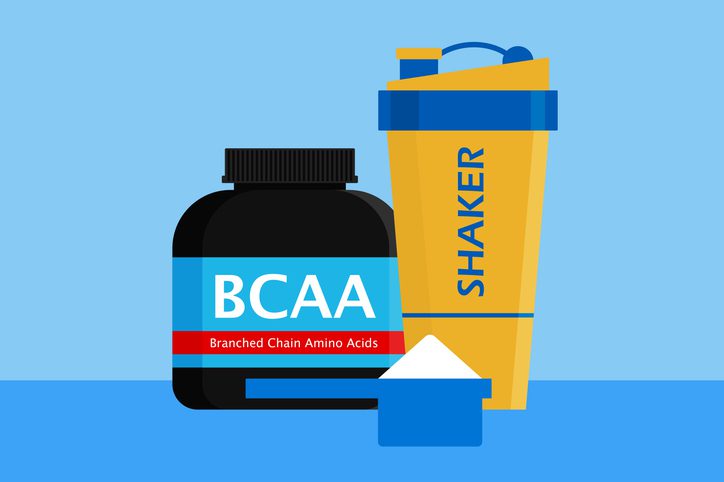What are BCAAs, and should runners take them?
Branched-chain amino acids are a popular supplement, but can they make you a better runner?

BCAAs, or branched-chain amino acids, are three essential amino acids–leucine, isoleucine, and valine–that play a crucial role in protein synthesis and muscle growth in the body. They are known as essential amino acids because the body cannot produce them on its own; they must be obtained through food or supplements. Protein intake is a polarizing topic in the world of nutrition and fitness, with debates ranging from how much is enough to what sources are most beneficial for athletic performance. Amidst these discussions, BCAAs have emerged as a popular supplement choice for athletes, including long-distance runners. But are they really worth it?

Are BCAAs beneficial for distance runners?
The recommended daily allowance for protein is 0.8g/kg of bodyweight (that’s about 54 grams of protein per day for a 150-lb. person), but many experts agree that this number is too low, especially for runners. How much you need depends on how much you’re training, but research suggests that 1g/kg of bodyweight is generally enough for recreational runners (that’s about 68 grams of protein per day for a 150-lb person). As the amount and intensity of your training increases, your protein needs may also increase to 1.1-1.6g/kg of body weight (that’s 75-110 grams of protein for a 150-lb person).
BCAAs are widely used by sprinters, weightlifters and other power-sport athletes, but there is some evidence to suggest they may have benefits for distance runners, as well. During prolonged periods of exercise, the body’s glycogen stores become depleted, leading to muscle fatigue and breakdown. BCAAs can help preserve muscle mass and reduce the muscle damage that may occur during endurance exercise.

They can also aid in post-workout recovery by enhancing muscle protein synthesis, which can help reduce muscle damage and promote muscle growth. A study published in the Journal of Exercise Nutrition and Biochemistry found that BCAA supplementation reduced muscle soreness and improved muscle function following a marathon.
Do BCAAs improve endurance performance?
The research on this is much more limited. There is some evidence, such as this 2020 study published in the Journal of the International Society of Sports Nutrition, that shows that taking BCAAs could improve psychological and biological aspects of fatigue and performance in endurance exercise, but more research is needed on the specific effects of BCAA supplementation on endurance performance.
So, should runners take BCAAs?
While there is evidence that BCAAs can improve muscle repair after a bout of endurance exercise (like running a marathon), there is very little research showing it can improve your running performance. Distance runners who are otherwise consuming adequate protein through their diet likely don’t need to supplement with BCAAs.

